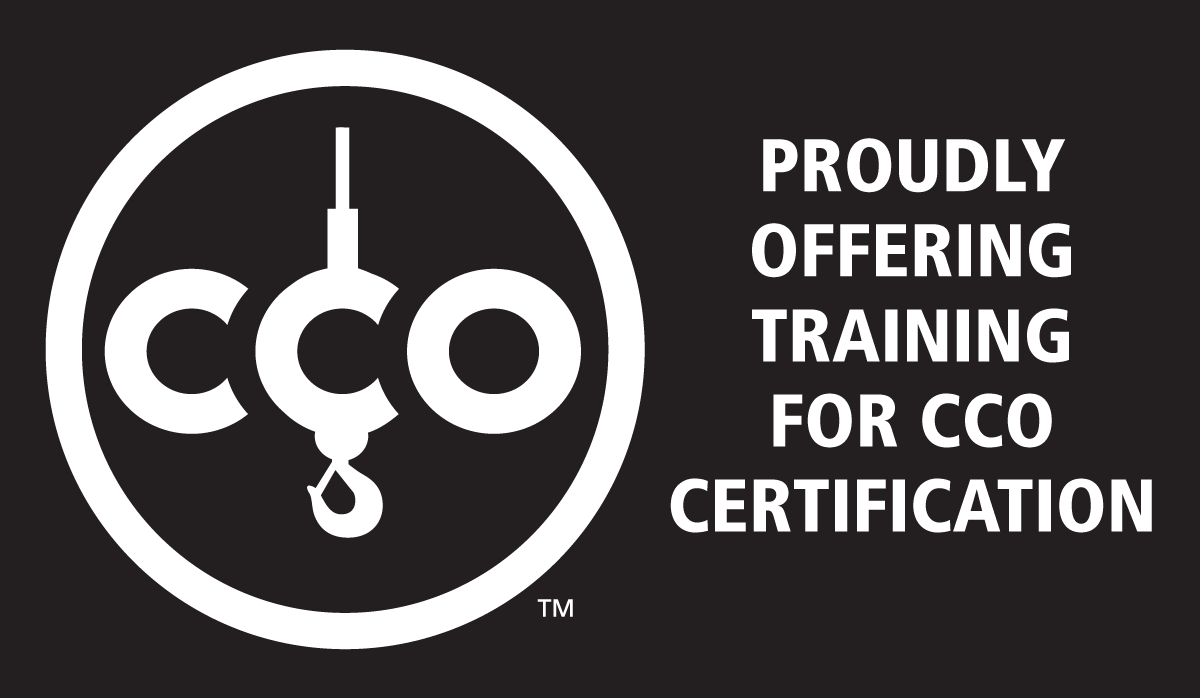Crane Operator Certifications
Crane operator certification provides the proof that training has been effective and specifically that crane operators have the requisite knowledge and skill to operate a crane safely. OSHA officially recognizes CCO certification as evidence of an employer having met its requirements for crane operator training.
Employers, insurance companies, and project owners continue to use CCO certification as a risk management tool by requiring it as a condition of work. Most of the industries that use cranes (steel erection, petrochemical, crane rental, construction, energy and general industry, as well as training, manufacturing, insurance, OSHA, and the IUOE) already certify their operators, which creates an advantage over those who are not CCO-certified!
For an individual, not having the proper crane operator certification means he/she won’t be able to find work as a crane operator. For a business, employing operators who lack the proper credentials can mean legal trouble due to OSHA and ASME regulations.
At Nationwide Crane Training, we offer a variety of crane operator certification programs and prep classes guaranteed to help you get NCCCO-certified. We work at the student’s pace to ensure every candidate passes the written test for crane operator certification. In fact, we guarantee it!
Nationwide Crane Training offers prep classes for the following NCCCO certifications in the form of a open enrollment for experienced operators or boot camp for new operators, as well as private classes for businesses.
Mobile Crane Operator Certification
The Mobile Crane Operator Certification is given to operators who demonstrate proficiency in three crane types:
- Lattice Boom Cranes (LAT, covering both LBC and LBT)
- Telescopic Boom Cranes—Fixed Cab (TSS)
- Telescopic Boom Cranes—Swing Cab (TLL)
Candidates must pass both a written and practical examination, as well as at least one specialty examination.
They must also meet the minimum age of 18 and health requirements and follow the NCCCO Ethics and Substance Abuse codes of conduct.
Candidates have 12 months to successfully complete both the written and practical examinations. If not completed within that time frame, the certification testing must start over.
Signalperson
Per OSHA requirements, a signalperson must be “qualified” and this qualification must be determined by a qualified evaluator. NCT offers this qualification, as well as prep for the NCCCO certification, which also qualifies the signalperson in accordance with OSHA.
Rigger
Riggers also need to be qualified, but not necessarily certified. NCT offers Rigger qualification classes as well as prep for NCCCO certification, both of which meet this requirement.
Articulating Boom Cranes
Not all operators of articulating boom cranes must be certified per OSHA requirements. If the articulating cranes, also called knuckle booms, are used only to deliver materials, they are not included. However, operators of articulating cranes used to hold or stabilize material, or when moving prefabricated components are required to be ABC-certified.
That said, ABC operator certification is essential if you want a career in this rewarding field or if you have such crane operators in your employ.





Leave a Reply
Want to join the discussion?Feel free to contribute!